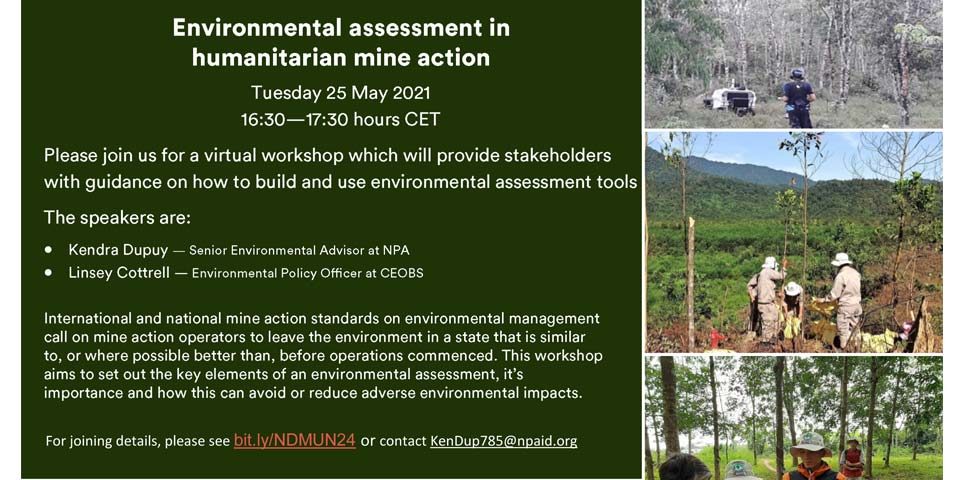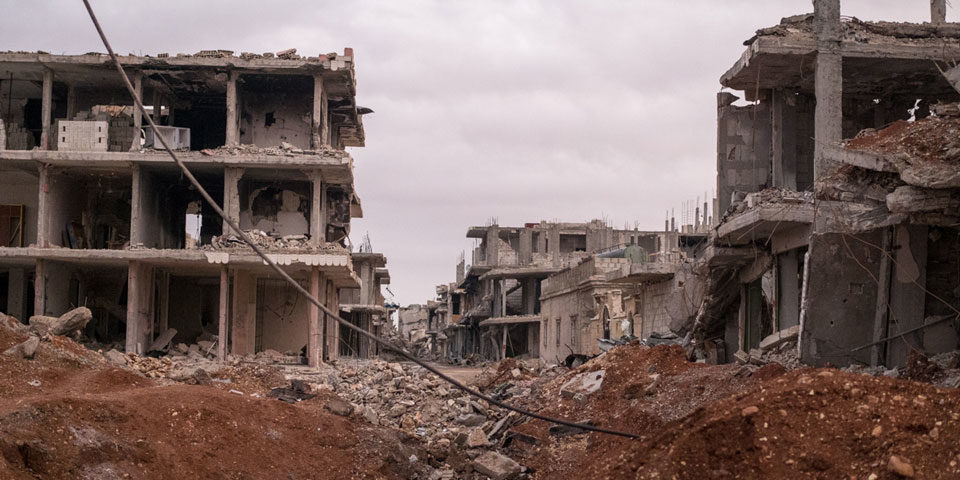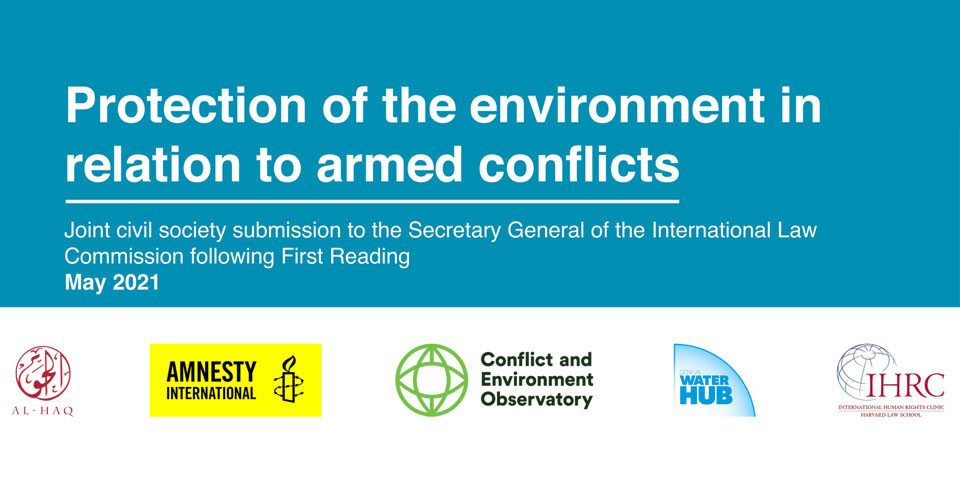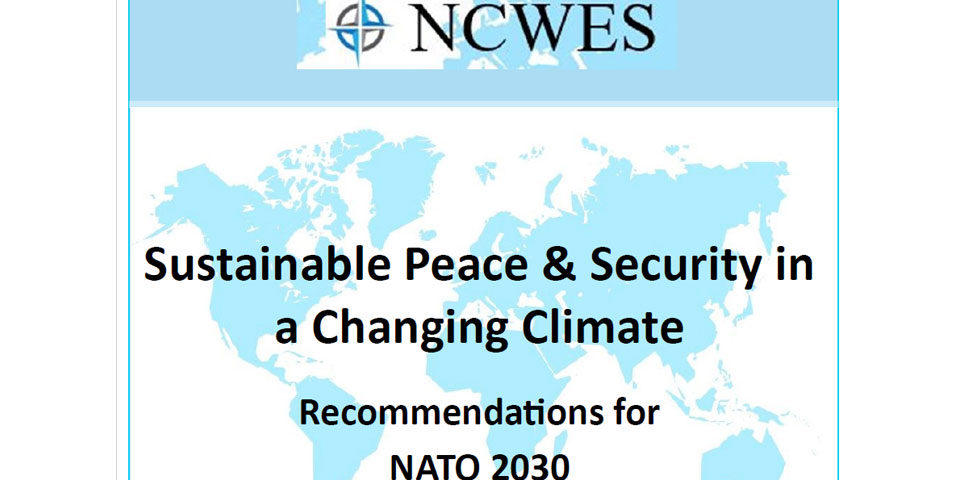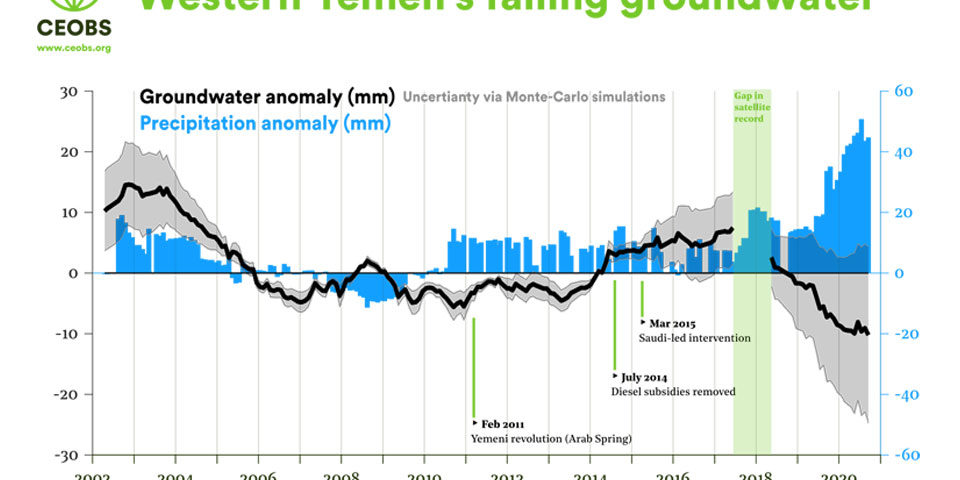Governments: commit to meaningful military emissions cuts at COP26
There are signs that some countries may pledge to reduce military greenhouse gas emissions at COP26 in November. This call sets out the scope of what these pledges should include and is open for signature by organisations before and during the COP.


